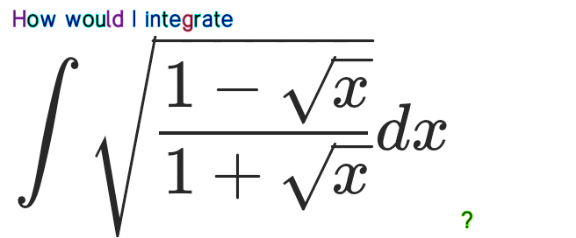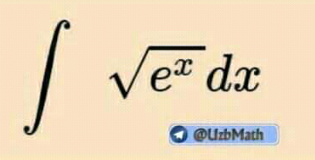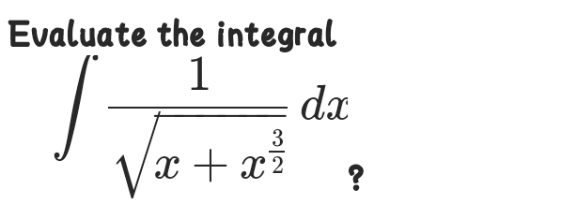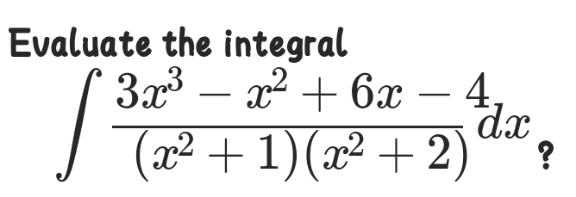
IntegrationQuestion and Answers: Page 131
Question Number 122936 Answers: 1 Comments: 2

Question Number 122934 Answers: 0 Comments: 1

Question Number 122927 Answers: 1 Comments: 1

Question Number 122922 Answers: 1 Comments: 0
Question Number 122919 Answers: 2 Comments: 0

Question Number 122885 Answers: 3 Comments: 1

Question Number 122884 Answers: 1 Comments: 1

Question Number 122882 Answers: 1 Comments: 0
Question Number 122877 Answers: 1 Comments: 1
$$\:\:\int\:\left(\mathrm{sin}^{−\mathrm{1}} \left({x}\right)\right)^{\mathrm{2}} \:{dx}\:? \\ $$
Question Number 122875 Answers: 1 Comments: 0
Question Number 122867 Answers: 2 Comments: 0

Question Number 122853 Answers: 0 Comments: 2

Question Number 122838 Answers: 1 Comments: 0
Question Number 122828 Answers: 1 Comments: 0

Question Number 122823 Answers: 1 Comments: 0

Question Number 122822 Answers: 1 Comments: 0

Question Number 122807 Answers: 1 Comments: 1

Question Number 122751 Answers: 3 Comments: 0
Question Number 122748 Answers: 3 Comments: 0
Question Number 122734 Answers: 1 Comments: 0

Question Number 122713 Answers: 0 Comments: 0
Question Number 122697 Answers: 3 Comments: 0
$$\:\:\int\:\frac{{dx}}{\:\sqrt{\left({x}−{a}\right)\left({b}−{x}\right)}}\:? \\ $$
Question Number 122689 Answers: 1 Comments: 0
Question Number 122671 Answers: 1 Comments: 2
Question Number 122636 Answers: 1 Comments: 0
Question Number 122631 Answers: 2 Comments: 2
Pg 126 Pg 127 Pg 128 Pg 129 Pg 130 Pg 131 Pg 132 Pg 133 Pg 134 Pg 135
